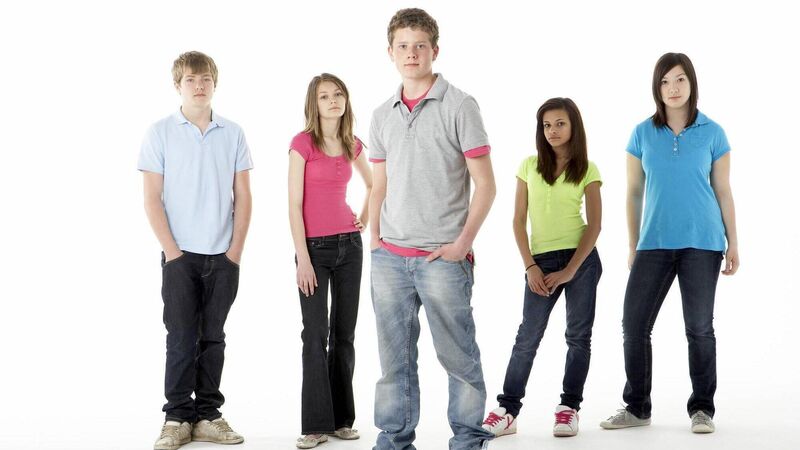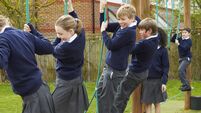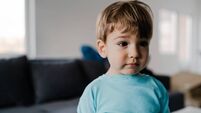Colman Noctor: Hangout spaces for teens are vital

Colman Noctor: A space with a pool table, a dart board, a few bean bags and a stereo where they could meet might be the most worthwhile investment for young people’s mental health
Most parents have become over-involved in their children's extracurricular activities. By assuming responsibility for their sports and hobbies, their children have fewer and fewer opportunities to become autonomous decision-makers. I see this in my clinic, where many teenagers struggle with ‘indecision’. This is partly due to the tyranny of choices available, but there is also evidence that children and teenagers have not been given sufficient opportunity to develop decision-making skills because their parents make most of the decisions.
A good set of friends is crucial to safeguard a child’s emotional life. Friends tend to become more important as children progress into their teenage years, so their ability to initiate friendships and make good choices about who they involve in their lives is vitally important. Consequently, unsavoury friendships can negatively influence a child, leading them to become involved in thinking and behaviours that can jar with parental and family values. When children have no friendships, it can be hugely detrimental to their adolescent experience.










